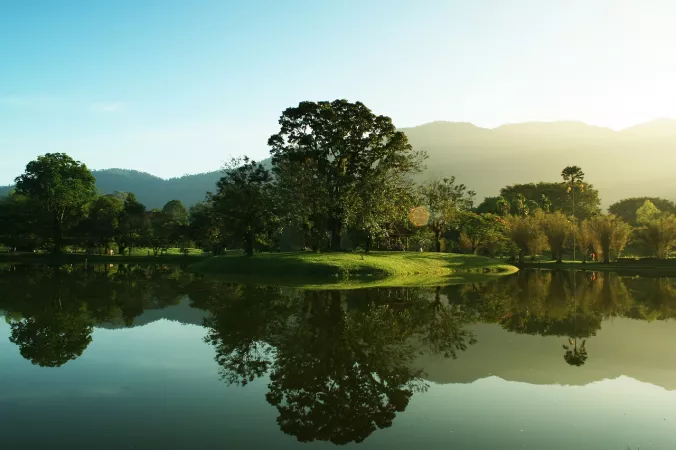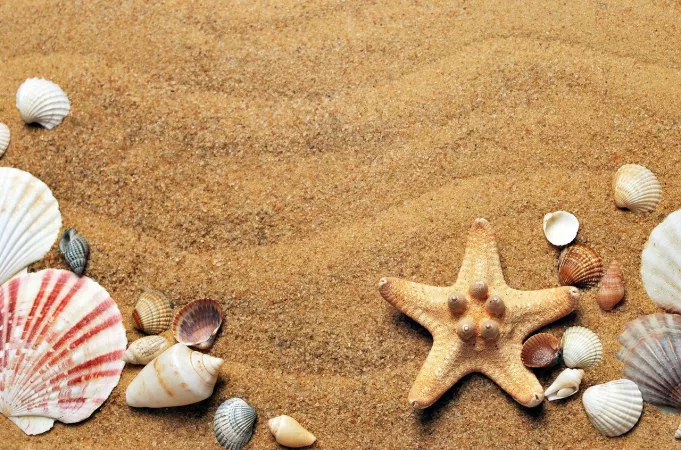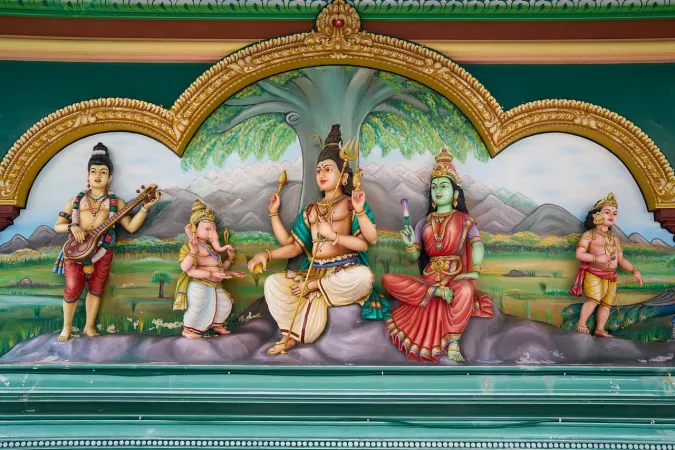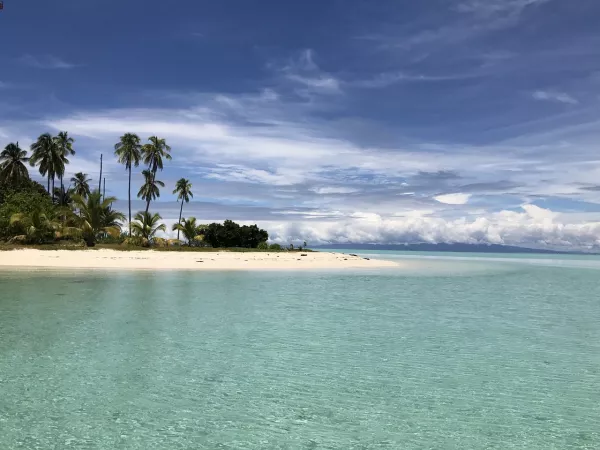
Miri Travel Guide
Miri, located in the northern part of Sarawak, Malaysia, is a charming coastal city known for its rich cultural heritage, lush rainforests, and stunning beaches. As the birthplace of Malaysia's petroleum industry, Miri boasts a fascinating history and a vibrant local culture. The city is also famous for being the gateway to the world-renowned UNESCO World Heritage Site, Gunung Mulu National Park.Top Attractions in Miri
- Gunung Mulu National Park
- Niah Caves
- Tusan Beach
- San Ching Tian Temple
- Grand Old Lady Oil Well
Miri is Famous for
Miri is famous for being the gateway to Gunung Mulu National Park, a UNESCO World Heritage Site known for its limestone karsts, caves, and diverse wildlife.Top Attractions in Miri
- Explore the stunning limestone caves at Gunung Mulu National Park
- Relax on the beautiful beaches of Tusan Beach
- Visit the historical Grand Old Lady Oil Well
- Experience the local culture at San Ching Tian Temple
What's Great about Travelling to Miri?
- Rich cultural heritage
- Diverse natural attractions
- Great for adventure enthusiasts
What's Not So Great about Travelling to Miri?
- Limited public transportation options
- Humid weather conditions
- Language barriers for non-Malay speakers
Travel Tips for Miri
- Check visa requirements before traveling
- Use Grab or rent a car for transportation
- Respect local customs and traditions
Important Miri trip information
- Ideal Duration: 3-4 days
- Best Time to Visit: June to August for dry weather
- Nearby Airports and Railway Stations: Miri Airport and Bintulu Railway Station
FAQ's on Miri
Q1: What is the best time to visit Miri?
The best time to visit Miri is during the dry season, from March to October, when the weather is pleasant for outdoor activities and exploring. Avoid the monsoon season from November to February, as heavy rains can disrupt travel plans and outdoor adventures.
Q2: Do I need a visa to travel to Miri?
Most tourists can enter Miri visa-free for short stays, typically up to 30 days. However, it's essential to check the specific visa requirements based on your nationality before traveling. Some countries may require a visa or visa-on-arrival to enter Miri.
Q3: What are the must-visit attractions in Miri?
Miri offers a range of attractions, including the iconic Mulu Caves, Niah National Park, and the beautiful beaches of Tanjung Lobang. Don't miss the Grand Old Lady, an oil rig monument, and the vibrant Miri City Fan Park for a relaxing day out.
Q4: Is Miri a safe place to travel?
Miri is generally safe for tourists, but like any destination, it's essential to stay cautious and aware of your surroundings. Avoid isolated areas at night and take necessary precautions to safeguard your belongings.
Q5: What is the local currency in Miri and can I use credit cards?
The local currency in Miri is the Malaysian Ringgit (MYR). While credit cards are accepted in hotels, restaurants, and larger establishments, it's advisable to carry some cash for smaller vendors and markets. ATMs are also widely available.
Q6: What is the local cuisine like in Miri?
Miri offers a diverse culinary scene with influences from Malay, Chinese, and indigenous Dayak cuisines. Don't miss trying local favorites like Sarawak Laksa, Kolo Mee, and exotic fruits like durian. Be open to experiencing unique flavors and dining at local food stalls for an authentic taste of Miri.
Q7: What transportation options are available in Miri?
In Miri, travelers can choose from public buses, taxis, and ride-hailing services for getting around the city. Renting a car or motorbike is also a popular option for exploring the nearby attractions and scenic routes. Additionally, walking and cycling are great ways to discover the city's charms at a leisurely pace.
Q8: Are there any cultural norms or etiquette I should be aware of when visiting Miri?
When visiting Miri, it's important to respect the local customs and traditions. Dress modestly when visiting religious sites, take off your shoes before entering someone's home, and greet elders with a slight bow. Additionally, be mindful of local sensitivities, avoid public displays of affection, and ask for permission before taking photos of individuals or religious sites. Showing respect for the local culture will enhance your travel experience in Miri.
Q9: I am a travel agent. How can I buy travel leads of Miri?
Register yourself as a travel agent at agents.tripclap.com and then you can buy travel leads to Miri once your account is approved. For more details contact our support team at +91-8069186564 or support@tripclap.com






